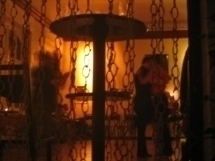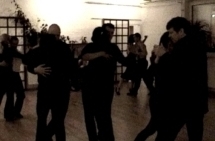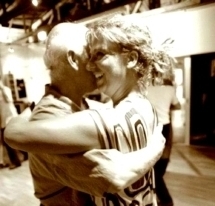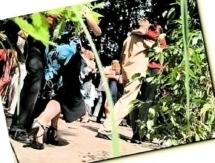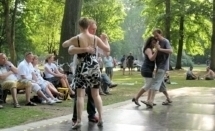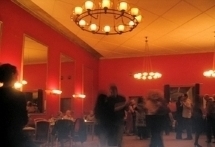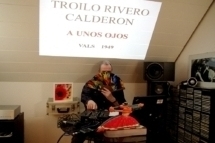Tango DJ Top 1000 – Tango | Vals | Milonga
Tausend Titel traditionelle Tangomusik
Eine Auswahl zum Tanzen
Die wichtigste Tangomusik der Goldenen Zeit des Tango und die besten
Tangos, Valses und Milongas für traditionell orientierte Tänzerinnen.
Mit Anhörmöglichkeit – für alle Liebhaber rioplatensischer Tanzmusik.
♬ ZU DEN ORCHESTERN DER GOLDENEN ZEIT ♬
Eine Prise Alternatives gibt es HIER zu hören
♥
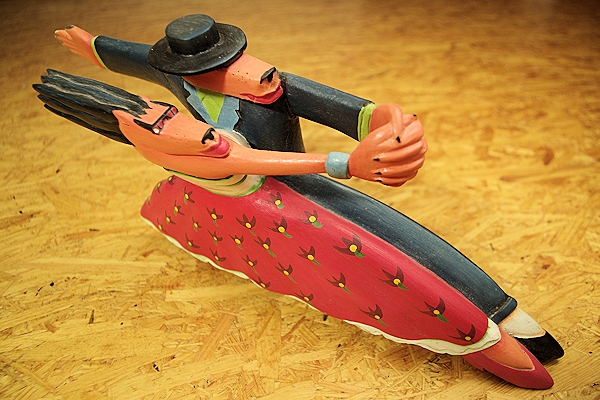
♥
Auswahlkriterien
In diese Auswahl der besten 1000 Aufnahmen für traditionell orientierte Tänzer fliessen die
Erfahrungen meiner über 20jährigen Tätigkeit als Tango DJ, die Eindrücke als Tangotänzer
und –Lehrer und die Früchte eines langjährigen internationalen Austauschs unter Kollegen ein.
Sie bietet einen umfassenden Überblick der wichtigsten Orchester und durch die sortierbaren
Listen ein nützliches Werkzeug für Musikliebhaber und Tanzflächenbeschallerinnen.
Auch wer sich noch nie für derartige alte Tangomusik interessiert hat,
findet hier einen leichten Einstieg und eine hilfreiche Übersicht zum Thema.
Die “absolut besten” Titel gibt es selbstverständlich nicht, die sind zum Glück Geschmackssache.
Daher geben die Top 1000 meinen persönlichen Vorlieben und Erfahrungen Ausdruck –
nach Maßstäben wie Tanzbarkeit, Abwechslungsreichtum, Wohlklang und Beliebtheit.
Ausserdem bieten die Listen auch einen kleinen Einblick in mein Repertoire.
♥
Wieso gerade tausend Titel?
Auf die Idee hat mich Osvaldo Natucci mit seiner Serie “La fiesta del 40” gebracht,
und tausend ist schliesslich eine leicht zu merkende Zahl, die vielversprechend klingt.
Etwa 900 sind “ewige Hits” – über die restlichen 99 diskutiere ich gerne und lasse mich
immer wieder einer besseren Musik belehren.
Grob geschätzt sind mindestens 2000 Titel Tangomusik aus der Zeit zwischen etwa 1927
und Mitte der 50er, bei denen auch die Tonqualität überzeugen kann, bestens tanzbar.
Das reicht auf jeden Fall für 80 Stunden Traditionalisten-Milonga nonstop.
♥
Klassischer Tango – ein winziger Nischenmarkt
Ein Problem ist die stark gesunkene kommerzielle Bedeutung von Tangomusik zum Tanzen.
Als die Tangobegeisterung der 90er Jahre ab der Mitte der Nullerjahre abzuflauen begann,
verschwanden viele wichtige Produzenten von Cds vom Markt.
Besonders schmerzlich war das Ende von EMI Reliquias, EU Records, Altaya
und anderen Speziallabeln.
Das bedeutet, dass viele CDs einfach nicht mehr erhältlich sind oder nur noch
auf speziellen Plattformen zu entsprechenden Preisen gehandelt werden.
Bleibt also zu hoffen, dass Unternehmen wie Tangotunes am Leben bleiben,
damit sie weiterhin schöne alte Schätze ausgraben und sensible Ohren erfreuen können.
♥




